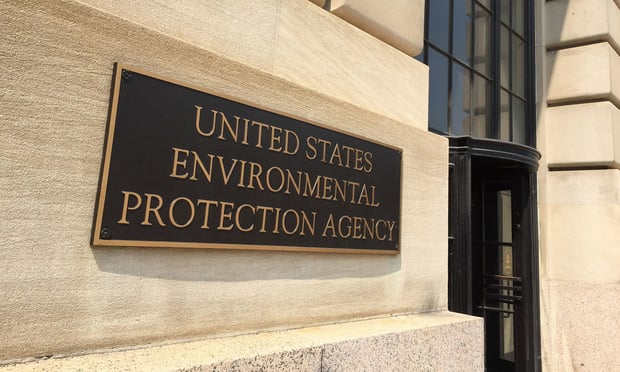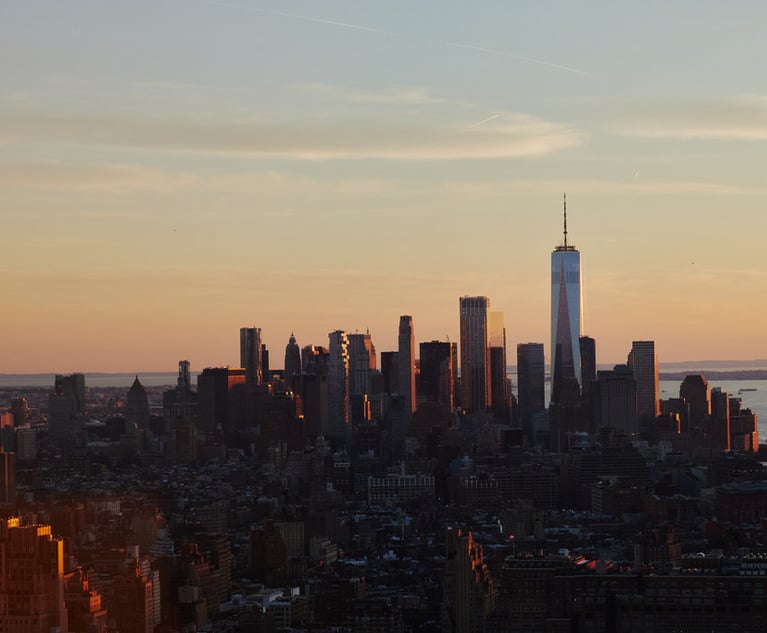A U.S. appeals court on Friday shut down an effort by Trump administration environmental regulators to continue delaying an Obama-era chemical disaster rule, saying the agency was making a “mockery” of federal law and “grasping” at generalized authority to avoid implementing the regulations.
The U.S. Court of Appeals for the D.C. Circuit struck down, unanimously, a “delay rule” the U.S. Environmental Protection Agency adopted last year to freeze enforcement of the Obama administration provisions. The rules, which the EPA put on hold until February 2019, expanded chemical-disaster provisions including safety audits, emergency response and technology requirements.
Friday’s decision is another victory over the Environmental Protection Agency for New York Attorney General Barbara Underwood, whose office led a coalition of 11 attorneys general in a lawsuit last year challenging the delay.
The rule would mandate additional safeguards to prevent accidents at chemical plants. That could include new emergency response procedures, analyses of safer technology, annual notification drills, and more.
The rule was scheduled to go into effect in March 2017, but former EPA Administrator Scott Pruitt delayed the implementation until February 2019. Underwood’s office claimed in last year’s complaint that Pruitt delayed the rule based on comments from oil, gas and chemical industry associations and companies.
The court said in its decision that the EPA’s delay of the rule was “arbitrary and capricious.” The decision also said the EPA did not properly explain why it decided to delay the rule.
“By delaying the effective date, EPA has delayed compliance, reduced or eliminated the lead-up time to achieve the compliance that EPA had earlier found necessary, and thus has delayed life-saving protections,” the decision said. “EPA may not employ delay tactics to effectively repeal a final rule while sidestepping the statutorily mandated process for revising or repealing that rule on the merits.
Underwood echoed those comments in a statement on Friday.
“We should all agree that protecting workers, first responders and communities from chemical accidents is a top priority,” Underwood said. “This decision is a major victory for New Yorkers’—and Americans’—health and safety, ensuring that the EPA cannot put special interests first and block commonsense protections against toxic chemical accidents.”
A spokeswoman for the Environmental Protection Agency did not immediately respond for comment.


 U.S. Environmental Protection Agency headquarters. Photo: Diego M. Radzinschi/ALM
U.S. Environmental Protection Agency headquarters. Photo: Diego M. Radzinschi/ALM




